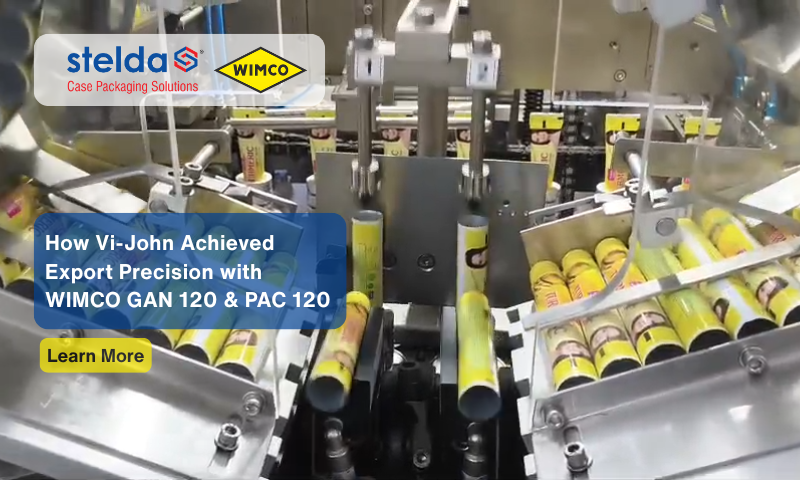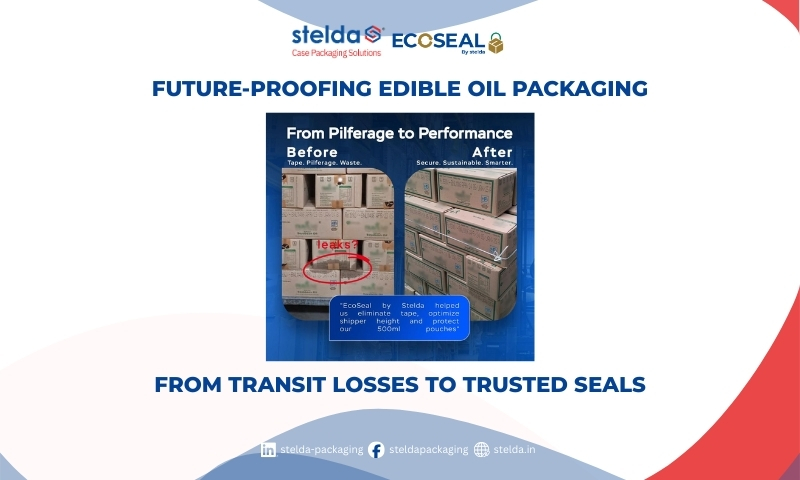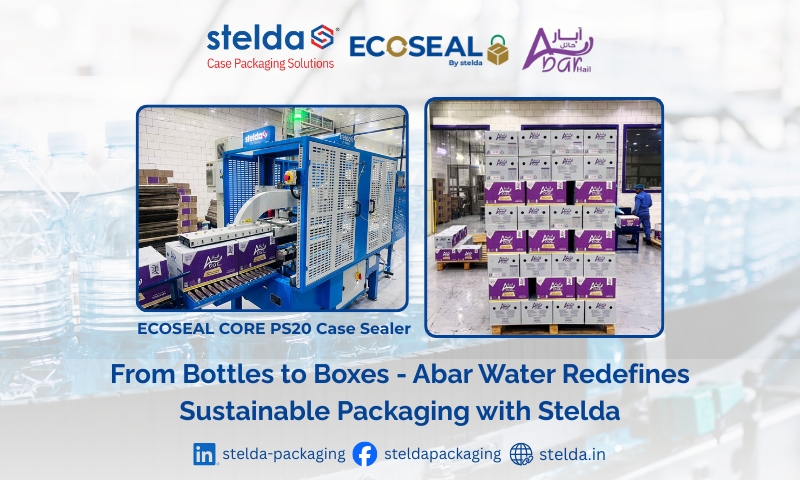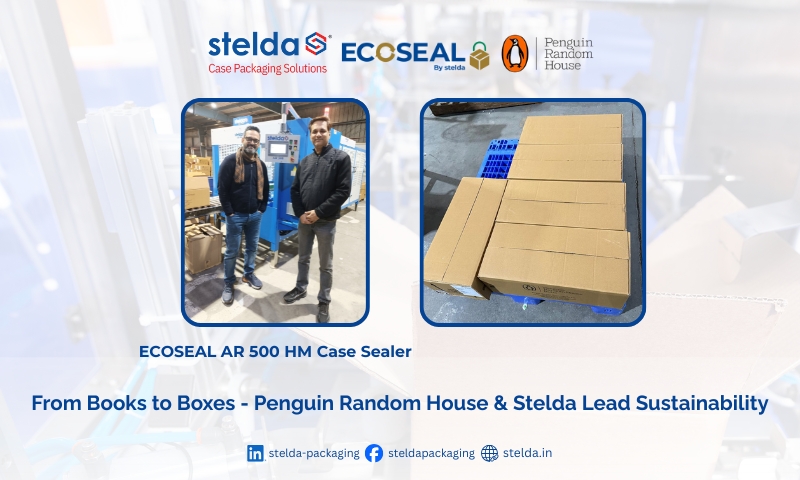Did you know?
A study by the Ellen MacArthur Foundation has found that,
‘The production of packaging material accounts for 3-5% of global greenhouse gas emissions. ‘
And, this is a significant contribution to climate change.
However, we are glad to discover that big brands with a powerful global presence aim at achieving sustainability goals in their supply chain. These brands have inspired similar businesses to leverage the rising sustainability initiatives in their B2B supply chain. But before we delve into this, let’s understand where the need for eco-friendly or sustainable shipper carton packaging arises.
The Need for Eco-Friendly Shipper Carton Packaging
We can highlight two major concerns of distress here:
- 1. Recyclability: The majority of shipper carton packaging waste was not recyclable.
- 2. Low recovery rate:Due to the poor waste collection policy and processes, most of the packaging material that could be recycled ended up in dumps and landfills.
We must all agree that unsustainable practices such as the excessive use of non-biodegradable materials, overconsumption, and poor waste management have led to the current environmental crisis. This has eventually shed light on the need for sustainable alternatives. However, over the span, to prevail over these concerns, businesses across sizes have decided to come up with eco-friendly shipper carton packaging initiatives. The end goal is to encourage using environment-friendly materials and shipper carton case-sealing practices with minimal environmental impact.
What Benefits do Sustainable Packaging Solutions Offer?
The current environmental crisis calls for an immediate shift towards eco-friendly B2B shipper carton packaging to reduce its negative impact. Here are the top 7 benefits, a sustainable shift can offer to a business.
- 1. Corporate Social Responsibility: Businesses increasingly set sustainability goals for their social responsibility efforts. Utilising eco-friendly packaging for B2B shipments allows companies to showcase their commitment to environmental protection.
- 2. Long-term Economic Benefits: Despite the initial investment, eco-friendly packaging yields long-term economic advantages, including reduced waste disposal expenses, lower raw material costs, and increased profitability through improved brand reputation.
- 3. Compliance and Regulations: With governments focusing on reducing plastic waste and promoting sustainable solutions, B2B shippers must adhere to evolving regulations to avoid penalties and maintain market access.
- 4. Enhancing Supply Chain Efficiency: Using lightweight packaging cartons supply chain efficiency, reducing transportation costs.
- 5. Embracing Circular Economy: By adopting eco-friendly packaging, B2B shippers contribute to the transition towards a circular economy, where resources are used more efficiently and waste is minimised.
- 6. Reputation and Brand Perception: Companies prioritising sustainability and eco-friendly packaging can build a positive brand image, successfully pursue their sustainability goals and enhance their market position.
- 7. Encouraging Innovation and Leadership: Embracing eco-friendly packaging fosters innovation within the packaging industry, allowing B2B shippers to gain a competitive edge and establish themselves as market leaders.
This clearly demonstrates that eco-friendly shipper carton packaging is no longer just a choice but a necessity for B2B supply chains. The shift towards sustainability is a global movement driven by environmental concerns and evolving regulations. By adopting eco-friendly packaging solutions, B2B businesses can achieve cost savings and comply with evolving regulations.
Stelda, being a vital player in the packaging industry now, aspires to offer businesses across industries shipper carton packaging techniques that are fairly sustainable.
How do we do this?
The foremost thing we encourage at Stelda is the use of recycled paper in making cases for shipper cartons. Second, and the most important strategy is the use of hotmelt glue instead of plastic tapes or stretch films, which usually fall under single-use plastic materials. Hot melt adhesives provide better security. Also, hot melts stick to the corrugated boxes, and they get separated during the recycling process. With its best-in-class technology and mechanical expertise, Stelda has helped prime firms switch to customised shipper carton packaging solutions that suit their business requirements. Check out this case study to know how Stelda helped Havells India to achieve its sustainability goals.
According to a recent market report, India’s sustainable shipper carton packaging industry is expected to grow at a CAGR of 7.24% between 2023 and 2028.
Make conscious choices and contribute to preserving our planet for future generations.





